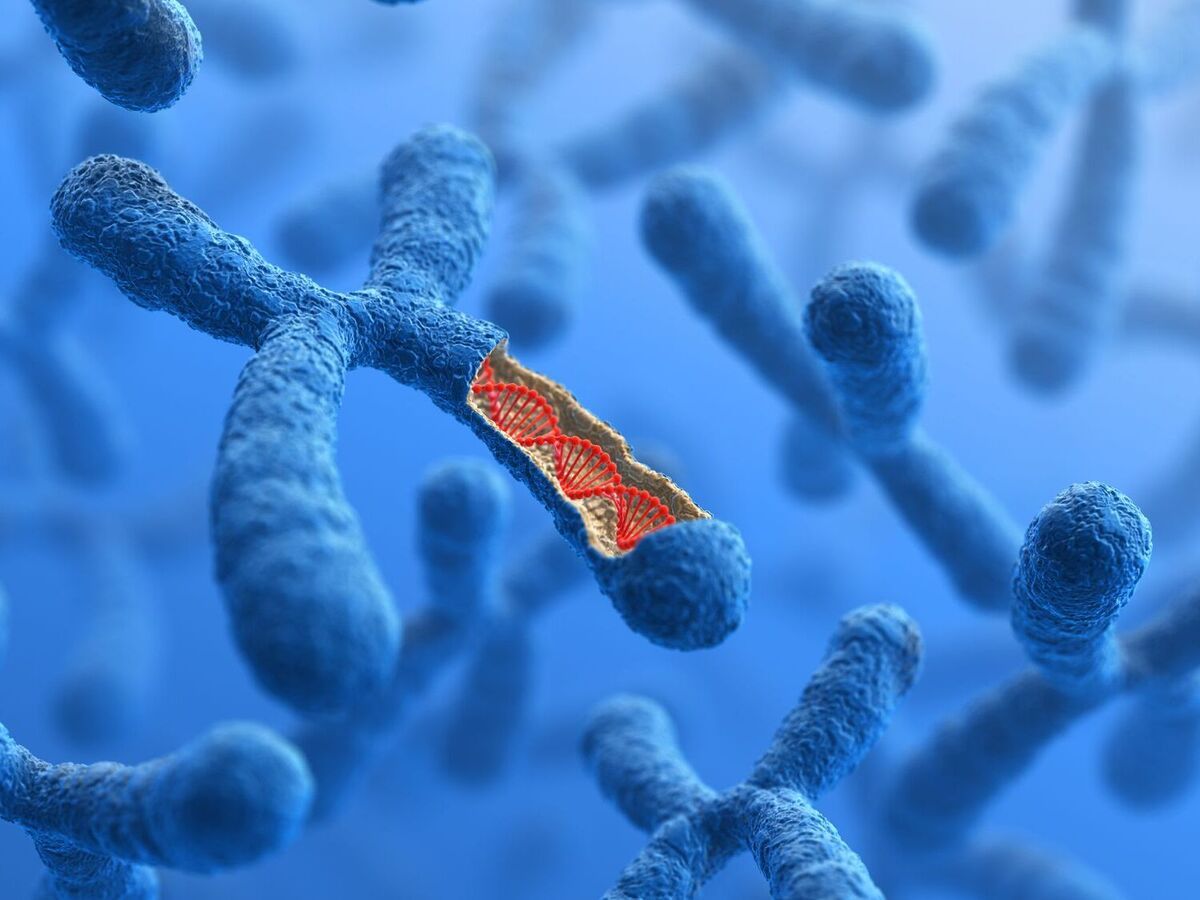
Cowden Syndrome is a rare genetic disorder that can affect multiple parts of the body. Named after the first reported patient, Rachel Cowden, this condition is linked to mutations in the PTEN gene. People with Cowden Syndrome often develop multiple noncancerous, tumor-like growths called hamartomas. Symptoms can vary widely, including skin changes, thyroid issues, and an increased risk of certain cancers. Early diagnosis is crucial for managing the condition effectively. Genetic testing and regular screenings can help monitor and address potential complications. Understanding Cowden Syndrome can empower those affected and their families to seek appropriate care and support.
Key Takeaways:
- Cowden Syndrome is a rare genetic disorder causing noncancerous growths. Early diagnosis and regular check-ups are crucial for managing associated health risks, including an increased risk of certain cancers.
- Those with Cowden Syndrome should maintain a healthy lifestyle, join support groups, and stay informed about the latest research and treatments to effectively manage their condition.
What is Cowden Syndrome?
Cowden Syndrome is a rare genetic disorder that affects multiple parts of the body. It is characterized by the development of multiple noncancerous, tumor-like growths called hamartomas. Understanding this condition can help those affected manage their health better.
-
Cowden Syndrome is named after Rachel Cowden, the first patient diagnosed with the condition in 1963.
-
It is caused by mutations in the PTEN gene, which is responsible for regulating cell growth.
-
The syndrome is part of a group of disorders known as PTEN Hamartoma Tumor Syndromes (PHTS).
Symptoms and Signs
Recognizing the symptoms of Cowden Syndrome can lead to early diagnosis and better management. Here are some common signs to look out for:
-
People with Cowden Syndrome often have macrocephaly, which means an unusually large head size.
-
Skin abnormalities, such as trichilemmomas (small, wart-like growths), are common.
-
Oral papillomas, small growths in the mouth, are another frequent symptom.
-
Individuals may develop gastrointestinal polyps, which are growths in the digestive tract.
Associated Health Risks
Cowden Syndrome increases the risk of developing certain types of cancer. Awareness of these risks can lead to proactive health measures.
-
Women with Cowden Syndrome have a higher risk of breast cancer, often at a younger age.
-
There is an increased risk of thyroid cancer, particularly follicular thyroid cancer.
-
People with this syndrome are also at a higher risk for endometrial cancer.
-
Renal cell carcinoma, a type of kidney cancer, is more common in those with Cowden Syndrome.
Diagnosis and Testing
Early diagnosis is crucial for managing Cowden Syndrome. Various tests can help confirm the condition.
-
Genetic testing can identify mutations in the PTEN gene, confirming the diagnosis.
-
Dermatological exams can reveal skin abnormalities indicative of the syndrome.
-
Regular screenings for breast, thyroid, and endometrial cancers are recommended for those diagnosed.
Management and Treatment
Managing Cowden Syndrome involves regular monitoring and preventive measures. Here are some strategies:
-
Regular check-ups with a healthcare provider are essential for early detection of associated cancers.
-
Surgical removal of hamartomas may be necessary if they cause discomfort or other issues.
-
Genetic counseling can provide valuable information for affected individuals and their families.
Living with Cowden Syndrome
Living with Cowden Syndrome requires awareness and proactive health management. Here are some tips for those affected:
-
Maintaining a healthy lifestyle, including a balanced diet and regular exercise, can improve overall well-being.
-
Joining support groups can provide emotional support and valuable information.
-
Staying informed about the latest research and treatments can help individuals manage their condition effectively.
Final Thoughts on Cowden Syndrome
Cowden Syndrome, a rare genetic disorder, affects many aspects of a person's health. Understanding its symptoms, such as skin lesions, thyroid issues, and increased cancer risk, can help in early diagnosis and management. Genetic testing plays a crucial role in identifying this condition, allowing for better monitoring and preventive measures. Regular check-ups and a proactive approach to health can make a significant difference for those with Cowden Syndrome.
Staying informed and seeking support from healthcare professionals and support groups can provide much-needed guidance and reassurance. Knowledge is power, especially when dealing with a complex condition like Cowden Syndrome. By staying vigilant and proactive, individuals can lead healthier lives despite the challenges posed by this disorder.
Frequently Asked Questions
Was this page helpful?
Our commitment to delivering trustworthy and engaging content is at the heart of what we do. Each fact on our site is contributed by real users like you, bringing a wealth of diverse insights and information. To ensure the highest standards of accuracy and reliability, our dedicated editors meticulously review each submission. This process guarantees that the facts we share are not only fascinating but also credible. Trust in our commitment to quality and authenticity as you explore and learn with us.
